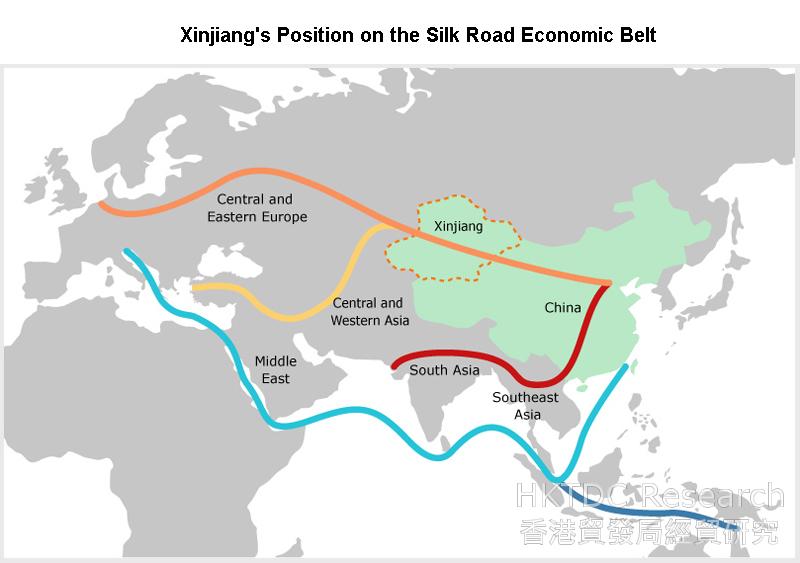Let’s be clear: the US has once again thrown a tantrum, and this time it’s targeting China’s logistics, maritime, and shipbuilding sectors. The Office of the US Trade Representative just announced final measures stemming from a Section 301 investigation, and frankly, it reeks of unilateralism and pure, unadulterated protectionism. This is a blatant disregard for the multilateral trading system and international trade rules – rules the US once championed, ironically.

The China Federation of Logistics and Purchasing (CFLP) didn’t mince words, issuing a strong condemnation of these restrictive measures. They’re rightly calling on the US to respect market dynamics and those core tenets of global trade they seem so eager to dismantle. It’s time for the US to dial back the rhetoric and stop weaponizing trade.
But why does this matter to you, my followers? It’s simple. These actions aren’t about ‘fairness’; they’re about stifling competition and protecting US industries from legitimate, globally competitive Chinese companies. This will inevitably lead to higher costs for consumers and disruptions in global supply chains.
Here’s a deeper dive into the implications:
Section 301 investigations, dating back to 1974, allow the US to retaliate against alleged unfair trade practices. However, critics argue they are frequently used as a tool for protectionism.
Unilateral actions, like this 301 investigation, circumvent the established frameworks of the World Trade Organization (WTO). This erodes the authority of the WTO and risks a descent into trade chaos.
Protectionist measures ultimately harm consumers by limiting choices and increasing prices. They also stifle innovation and hinder global economic growth.
The logistics sector is the backbone of global commerce; disrupting it has far-reaching consequences. Expect potential delays and increased shipping costs, impacting businesses and individuals worldwide.





